Weeks after the first episode of “Ahsoka” aired with currently 88% on Rotten Tomatoes it’s looking pretty good for her and the remaining characters from “Star Wars Rebels;” however, this is not a review of the show. This is more of a detailed uncovering of the care and attention the franchise’s female characters have received from both writers and viewers across the different eras of Star Wars with a focus on Princess Leia Organa, Padme Amidala, Rey, and Ashoka Tano.
In 1977, Carrie Fischer was introduced as the first, and only, female heroine of the franchise for decades. A beloved fan favorite she won the audience’s heart with quips, loyalty, and perseverance, as well as a multifaceted character. She’s a princess, a general, a war hero, a daughter, and part of the last of her kind; she was presented as strong and can hold her own, yet still a princess at the end of the day, the perfect role model for little girls for years to come. When it comes to a well-rounded character, she’s one of the best examples and because of this, her successor–and mother– Padme doesn’t hold up to many.
Padme Amidala, queen of Naboo at 14 and later senator at 18 is characterized as having an extreme sense of justice, being kind, selfless, and not afraid to stand up to evil and tyranny; however, I believe she is underwritten. The character’s focus is on her hidden relationship with Anakin Skywalker or her political responsibilities. She doesn’t get to showcase her unique strengths like Leia. Her life is not her own, and her character in “Revenge of the Sith” is turned into a helpless wife and mother, which is a trope I greatly detest. Female characters and women in real life can still be mothers and wives without having their strength taken from them. Where is the woman who put together a liberation group to fight against the separatists? Her character broke the mold of Star Wars archetypes, in a way that we haven’t seen since and will not likely get on the same scale again.
Of course, we have other female characters in positions of power like Satine Kryze Duchess of Mandalore, or politician Mon Mothma, but neither has as much impact. Padme, a pacifist, still knew that fighting was necessary to free her people. She faced internal and external struggles– glowering separatists and civil conflicts–unlike the main characters of “The Phantom Menace.” But what are her convictions? What made a former queen have such a strong sense of justice and morals? Leia grew up in a time post-Order 66 meaning no Jedi and no Galactic Republic; the galaxy was in the throes of the Sith Empire, and Leia was determined to stop the Empire. What makes Padme Padme? What are her motivations and why does she suddenly become so complacent in “Revenge of the Sith?”
Our next character is the first real female protagonist of Star Wars media: Rey. On the surface, she’s just the female version of the classic Star Wars archetype presented in the first released movie: a force-sensitive scavenger “nobody” from a desert planet far far away. But she delivers the classic sci-fi protagonist foundation of potential and malleability: she is good at hand-to-hand combat, resourceful, and kind but wary. She is searching for who she is and where she belongs, a classic part of the hero’s story. I do feel the decision to make her a Palpatine however erases some qualities about her; heroes can come from nothing. They can be anyone and I feel like that is a big part of why Star Wars characters are so loved.
Unfortunately, like many female characters in the trilogy, she has received less than positive attention. While many also agree that she should’ve been given more as she had great potential, many also call her a “Mary Sue.” A “Mary Sue” is a typically female character who is defined as unrealistically lacking in flaw. Many believe Rey to be this stereotype but I wholeheartedly disagree. She had to take care of herself for decades on a barren planet, resourcefulness makes sense. And with the point of her being too strong in the force too early on I pose a question: Why not? People hate the prequel trilogy because it “ruins the franchise” and people hate the sequel trilogy for the same reason. At some point fans need to realize these are fictional stories and characters, I’m saying this as a dedicated fan myself. It wouldn’t be fair to ignore the fact that people hate the character because some are so blinded by nostalgia and a need for the movies to be exactly what they were like when they were young.
Now we get to a more recent example. “Ashoka” features multiple female leads from the non-live-action installments “Star Wars Rebels” and “Star Wars: The Clone Wars” and I do like the change-up because it’s not heralded as some monuments thing. One of the show’s directors, David Filoni, says that the mostly female cast was coincidental and I like the fact that he says the characters in the show are there because of what they bring: “I think I expect every kind of kid to relate to Sabine and what she’s going through, what she’s struggling with and what she needs to overcome — the same that I watched kids being inspired by Luke … I know for a lot of people it’s so significant that there are so many women in these films, and I think that’s wonderful. If that inspires people that maybe would have said ‘It’s not for me’ or ‘I can’t do that’ and [now] they say ‘I can be that’ and ‘I can do that,’ that’s even better. You want it to be not a time of change, but a time of inclusion.” Female leads do not “ruin” franchises, nor do are perfect figures that no harm can befall. Hera, a warrior and leader of the rebellion, is also a mother, and those different parts of her are not shown to be mutually exclusive. She is strong and still cares for her child and those around her.
Ahsoka as a teenager, like many, was rude, arrogant, and impulsive but because of the space the writers had her in she was able to grow into someone who has tenacity and strength and is still kind and understanding. The same goes for many of the female characters in the new “Ahsoka” show. More women in a pop culture sphere doesn’t equate to the pitfalls and weaknesses of men, it’s just to showcase the brushed-off strengths of women.
Because of directors who can see the value in characters without making them for brownie points, I have hope in this new era of Star Wars, despite the “backlash” toward its new and recurring female characters. I believe that they all have the heart and heroism of Star Wars. And while there are other issues within the franchise, a woman-led or feature film show is the least of them.

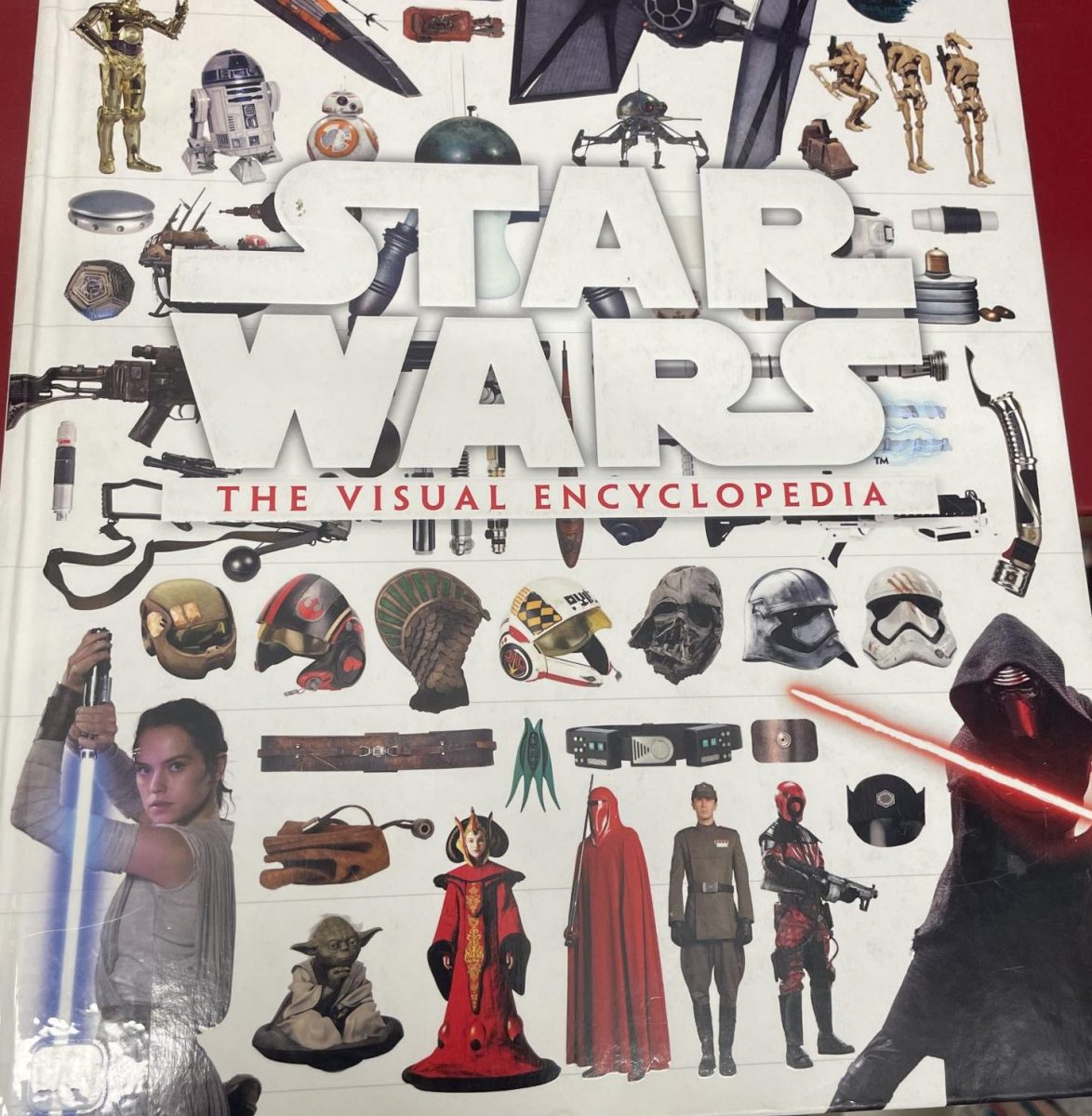

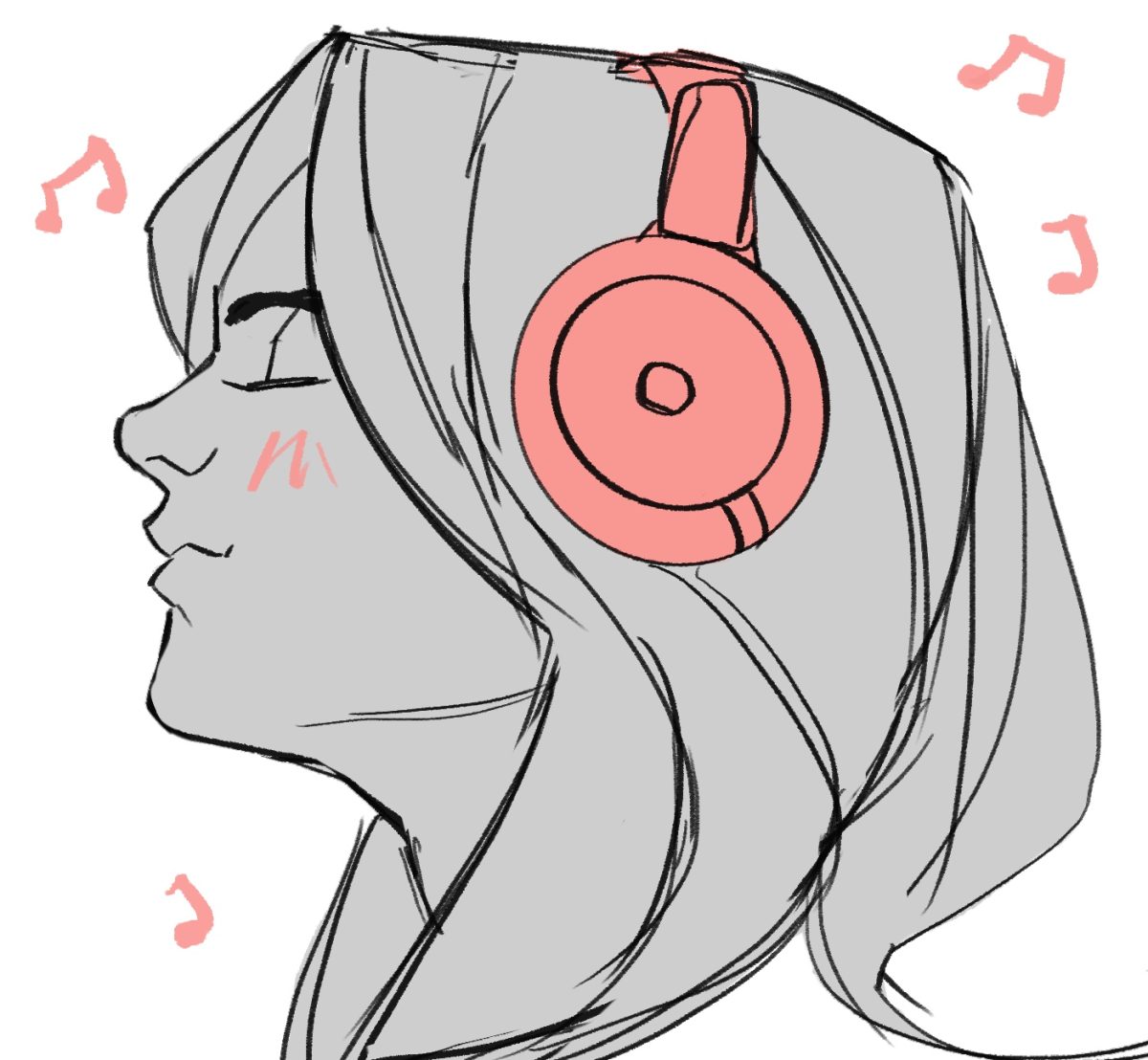

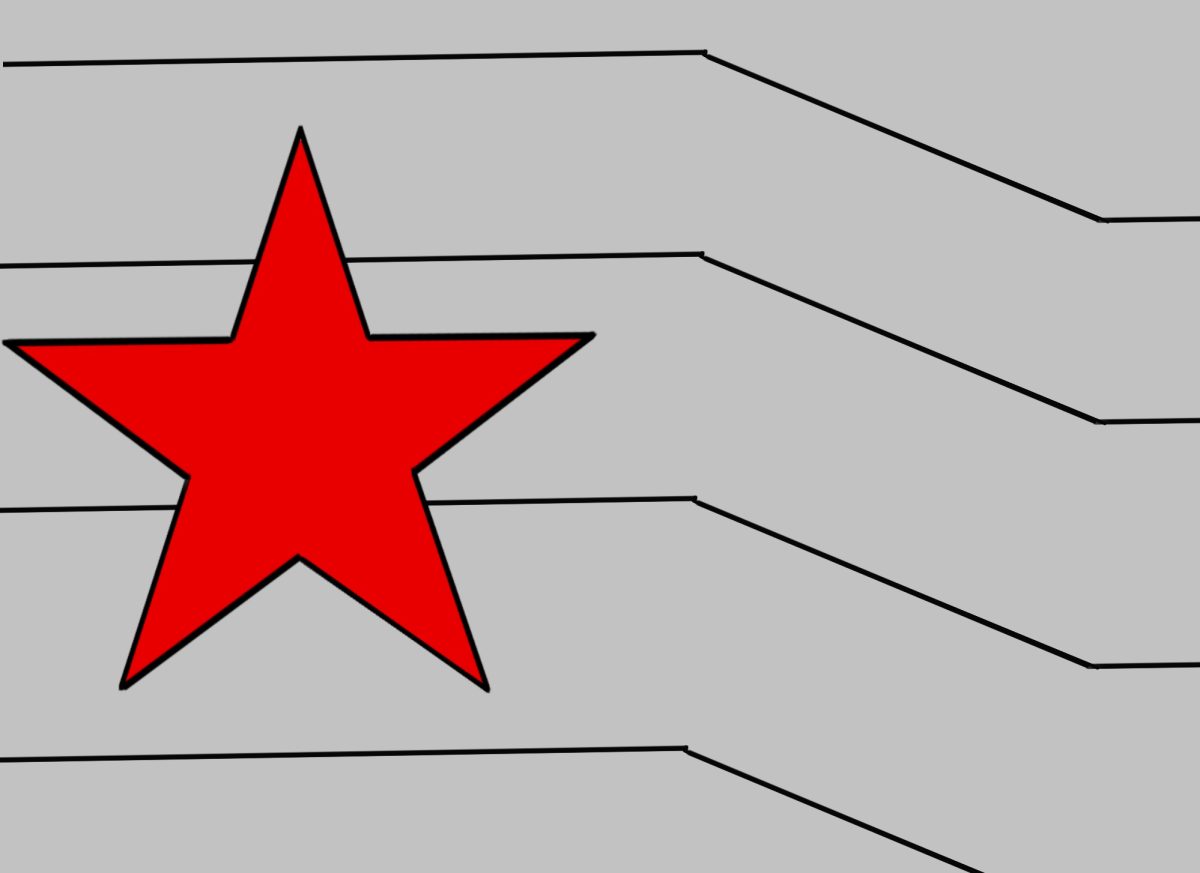
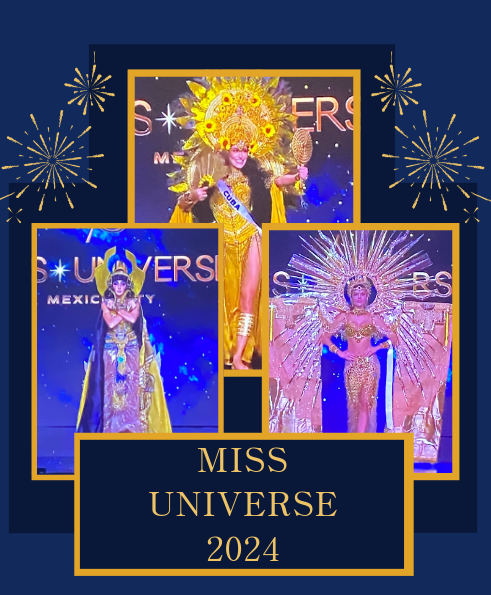

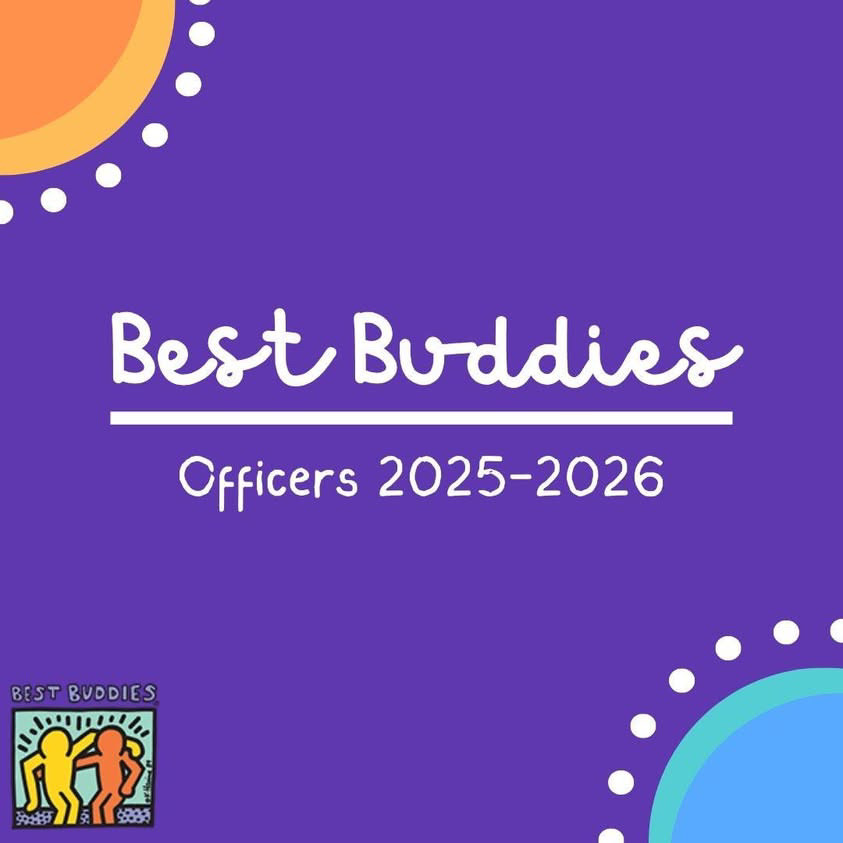




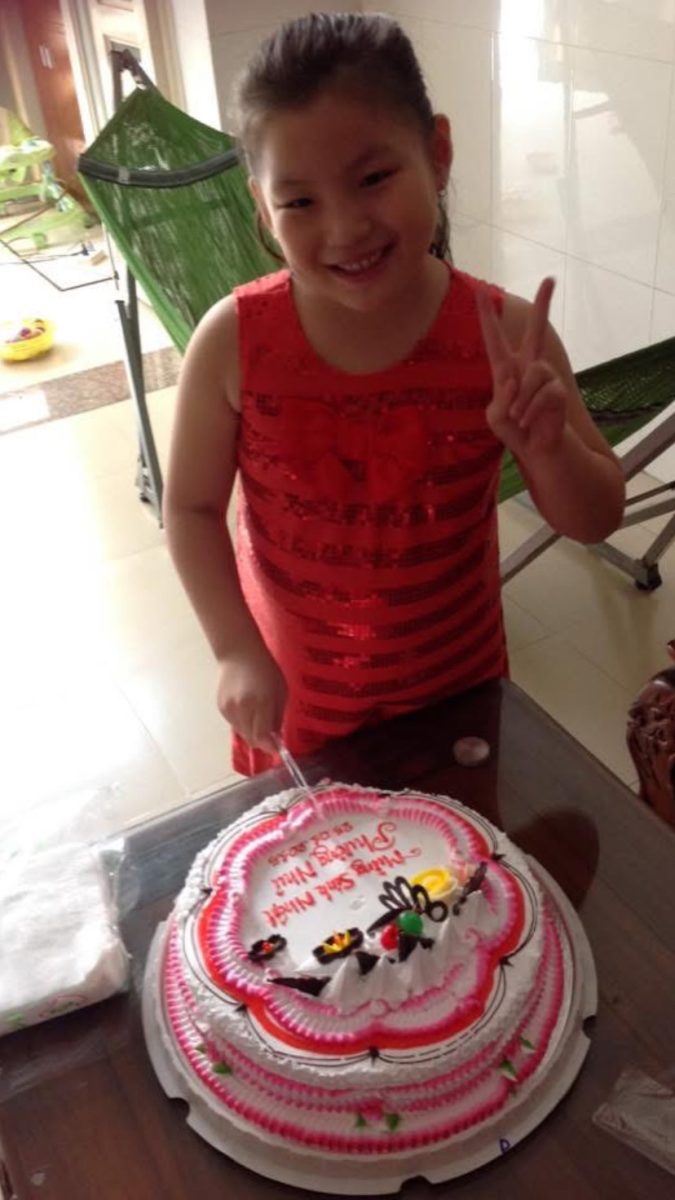
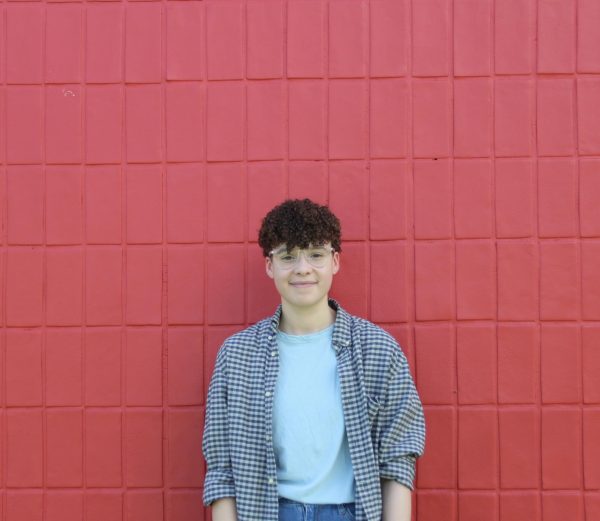

DEARLDEAN HALL • Feb 15, 2024 at 11:33 AM
Loved your article and I agree.
And I’m glad that people are things kind of like I do. As far as women in Star Wars are concerned. I take the movies as great. Wonderful stories. But they are just that I don’t expect. Them to be perfect but I know that I will remember them. When I leave the movie theater or I turn off the TV. Thank you